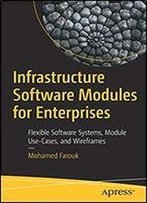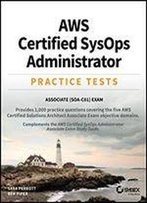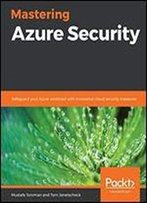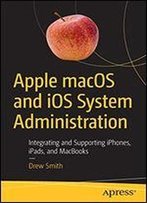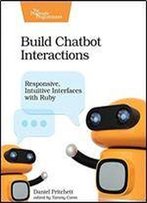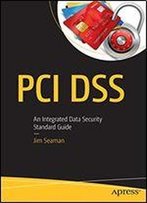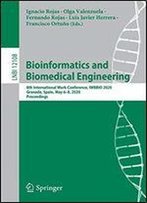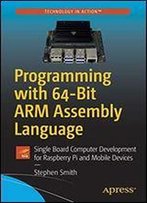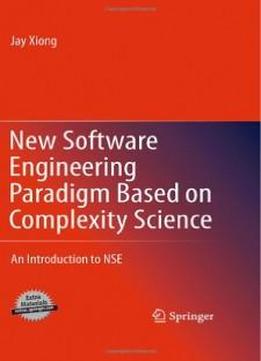
New Software Engineering Paradigm Based On Complexity Science: An Introduction To Nse
by Jay Xiong /
2011 / English / PDF
52.7 MB Download
This book describes a complete revolution in software engineering based on complexity science through the establishment of NSE – Nonlinear Software Engineering paradigm which complies with the essential principles of complexity science, including the Nonlinearity principle, the Holism principle, the Complexity Arises From Simple Rules principle, the Initial Condition Sensitivity principle, the Sensitivity to Change principle, the Dynamics principle, the Openness principle, the Self-organization principle, and the Self-adaptation principle. The aims of this book are to offer revolutionary solutions to solve the critical problems existing with the old-established software engineering paradigm based on linear thinking and simplistic science complied with the superposition principle, and make it possible tohelp software development organizations double their productivity, halve their cost, and remove 99% to 99.99% of the defects in their software products, and efficiently handle software complexity, conformity, visibility, and changeability. It covers almost all areas in software engineering. The tools NSE_CLICK- an automatic acceptance testing platform for outsourcing (or internally developed) C/C++ products, and NSE_CLICK_J - an automatic acceptance testing platform for outsourcing (or internally developed) Java products are particularly designed for non-technical readers to view/review how the acceptance testing of a software product developed with NSE can be performed automatically, and how the product developed with NSE is truly maintainable at the customer site.
This book describes a complete revolution in software engineering based on complexity science through the establishment of NSE – Nonlinear Software Engineering paradigm which complies with the essential principles of complexity science, including the Nonlinearity principle, the Holism principle, the Complexity Arises From Simple Rules principle, the Initial Condition Sensitivity principle, the Sensitivity to Change principle, the Dynamics principle, the Openness principle, the Self-organization principle, and the Self-adaptation principle. The aims of this book are to offer revolutionary solutions to solve the critical problems existing with the old-established software engineering paradigm based on linear thinking and simplistic science complied with the superposition principle, and make it possible tohelp software development organizations double their productivity, halve their cost, and remove 99% to 99.99% of the defects in their software products, and efficiently handle software complexity, conformity, visibility, and changeability. It covers almost all areas in software engineering. The tools NSE_CLICK- an automatic acceptance testing platform for outsourcing (or internally developed) C/C++ products, and NSE_CLICK_J - an automatic acceptance testing platform for outsourcing (or internally developed) Java products are particularly designed for non-technical readers to view/review how the acceptance testing of a software product developed with NSE can be performed automatically, and how the product developed with NSE is truly maintainable at the customer site.
